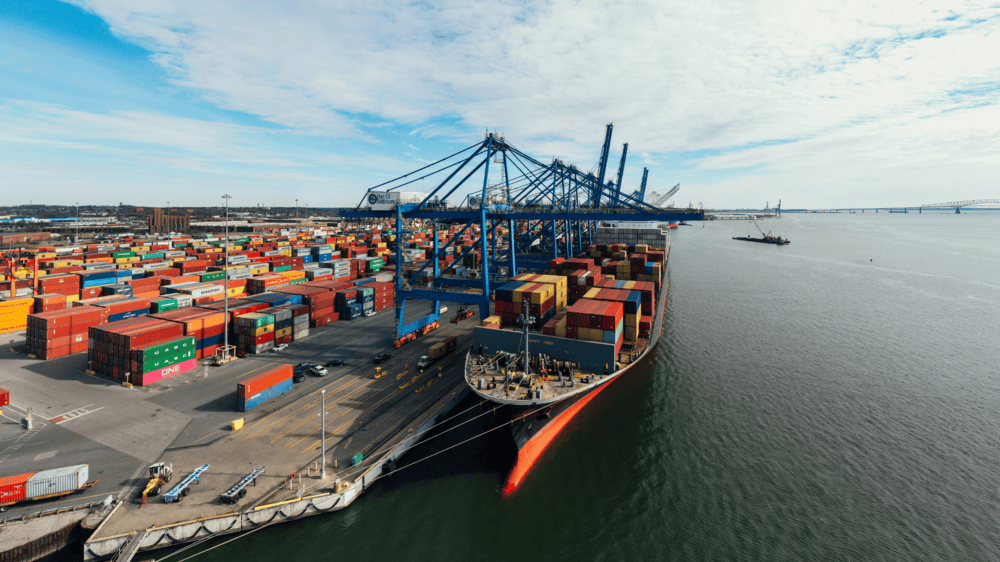The Impact of Cable Theft on the South African Rail System
Introduction
Cable theft has had a profound and detrimental impact on South Africa’s rail network. This issue has been a persistent problem for many years, with serious consequences for the country’s transportation infrastructure, economy, and the daily lives of its citizens.
While the passenger rail system is important for the country to have an efficient public transport system, it has become totally dysfunctional, and it is of great concern that the scourge has also impacted freight transportation. Cable theft on the industrial scale that South Africa is experiencing is a devastating and costly force that leaves a trail of consequences that run deeper than meets the eye.
Its impact on the mining industry stood out most, especially during the time when the sector was a saving grace for the economy through the tax contributions it made during the pandemic, as clearly articulated in the WOW report on the Mining of Manganese in South Africa.
While the impact is felt across all sectors as they all depend on rail transportation for supply chains, the mining industry and associated transport requirements illustrates how entrenched the problem has become, wreaking havoc on the sectors’ operations and the transportation of minerals.
Disruption of mining operations caused by cable theft
Copper cables, often targeted for their scrap value, play a vital role in powering and connecting machinery, conveyor belts, and ventilation systems. When these cables disappear, the machinery that drives production grinds to a halt. Mines suffer losses not only from the stolen materials but also from the downtime incurred during repairs.
Cable theft disrupts the functioning of the rail network, leading to frequent service interruptions and delays. Trains are forced to stop or operate at reduced speeds, affecting commuters, cargo transportation, and the overall efficiency of the rail system.
Cable theft causes economic losses
The financial impact of cable theft on the mining industry is staggering. Millions of rands are spent annually on replacing stolen cables and repairing damaged infrastructure, and there is huge expenditure on security. These losses and extra costs directly affect mines’ profitability and their ability to invest in growth and sustainability.
Beyond the economic impact, cable theft poses significant safety risks. Mines are high-risk environments, and the theft of cables can lead to hazardous conditions, including power outages and inadequate ventilation. These risks jeopardise the safety of mineworkers and can result in accidents and injuries.
Community consequences due to cable theft
Cable theft extends its reach to the communities surrounding mining operations. As mines grapple with losses and the need for increased security measures, they may have fewer resources available for community development initiatives and job creation, indirectly affecting local economies and livelihoods.
There is also a direct correlation between cable theft and electricity supply. This malfeasance wreaks havoc on communities when substations are rendered inoperable. Hospitals switch to backup generators, factories grind to a halt, and homes plunge into darkness. The ripple effect is staggering, as productivity dwindles, and industries lose millions daily.
The treasure of copper
What are these thieves after? These modern-day pirates are after copper, the unassuming but highly valuable metal that weaves the backbone of modern infrastructure. The copper stolen from power lines, railway tracks and telecommunication networks is often sold to scrap dealers, where it is melted down and shipped off to the highest bidder, sometimes beyond South Africa’s borders. This is carried out by organised criminal syndicates that target high-value cables, as stated in the WOW report on transport and logistics trends in South Africa.
This is derailing South Africa’s railway system, an economic lifeline for transporting goods and commuters, resulting in lower volumes and people transported, poor performance, and economic losses that reverberate throughout the country.
Cable theft creates Law Enforcement Challenges
Cable theft is often perpetrated by organised criminal networks with expertise in dismantling and selling stolen materials. Law enforcement agencies face significant challenges in apprehending and prosecuting these culprits, making it a persistent and difficult crime to combat.
The war against the scourge continues, and innovative solutions are starting to emerge. Drones equipped with thermal imaging and tamper-proof cables are deployed, and communities are getting involved in reporting suspicious activity to deter this pervasive issue.
Cable theft is more than just a nuisance, but a complex and multifaceted challenge with far-reaching consequences. It calls for all sectors of society to work together to combat this scourge to ensure sustainable development in South Africa.
Contact us to access WOW's quality research on African industries and business
Contact UsRelated Articles
BlogCountries South AfricaTransportation and storage
The Motor Vehicle Industry in South Africa: Challenges, Prospects and Opportunities
Contents [hide] Motor industries across the globe are driven by innovation. South Africa’s motor industry is actively pursuing innovation initiatives to remain competitive. A good example is the partnership between...
BlogCountries South AfricaTransportation and storage
Africa’s Ports and Harbours: Driving Trade and Growth Across the Continent
Contents [hide] Ports and harbours have evolved from the days when they merchants would display their crafts and fishermen would bring their daily catch, socialise over coffee and exchange their...
BlogCountries South AfricaTransportation and storage
The Status of Road Infrastructure in South Africa
rail and road passenger journeys per year





